The Many Facets of High-Tech Fake IDs: Exploring Their Utility and Ethical Dilemmas
The Many Facets of High-Tech Fake IDs: Exploring Their Utility and Ethical Dilemmas
In the intricacies of modern society, the concept of a fake ID, such as a Texas fake ID or a Nevada fake ID, has evolved from a crude imitation to a sophisticated tool capable of navigating every aspect of life with astonishing precision. As technology advances, so too do the capabilities of these fake identities, blurring the line between authenticity and deception. This article delves into the many faces of high-tech fake IDs, examining their practical applications, social impacts, and the ethical dilemmas they present.
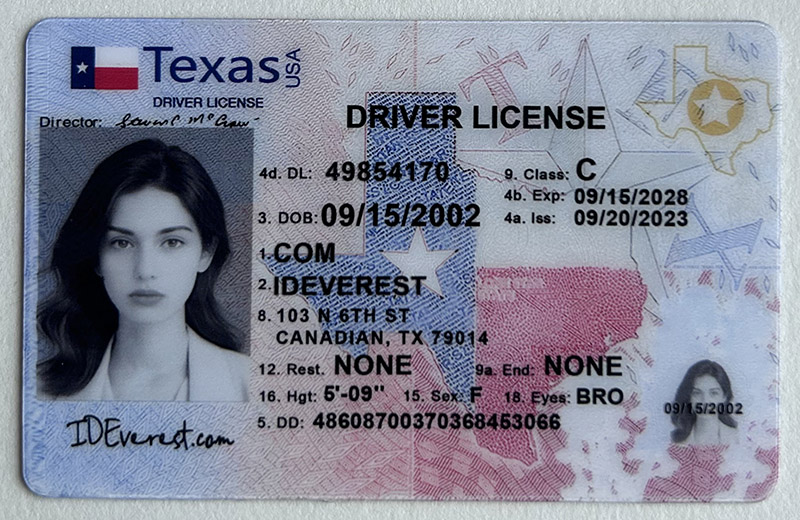
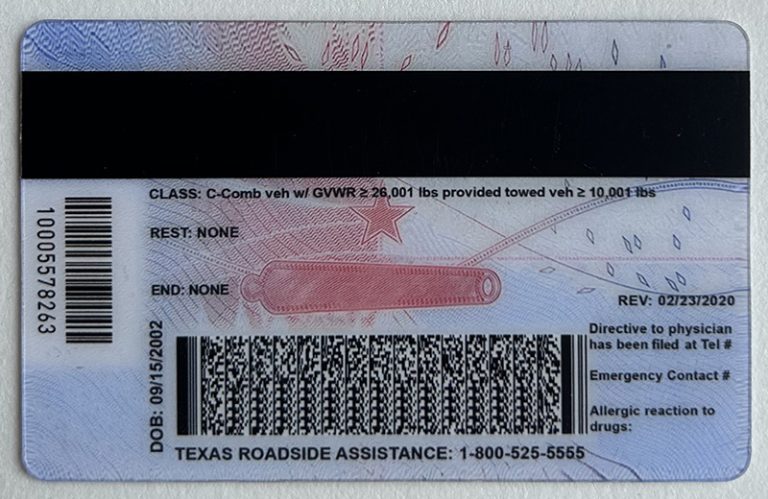
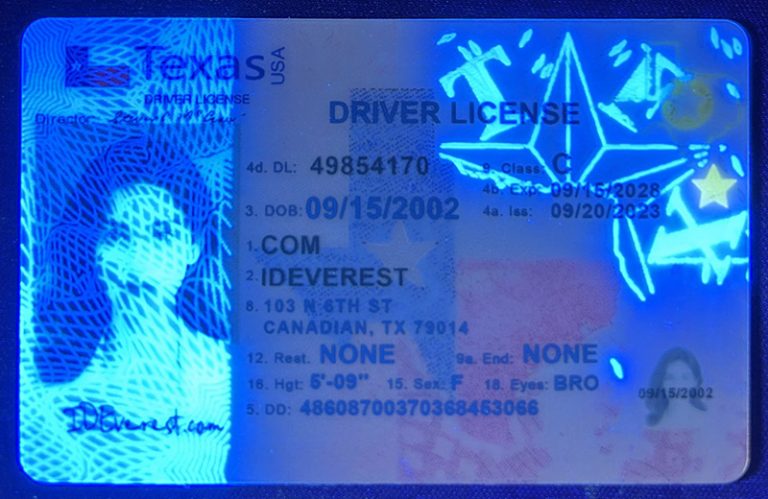
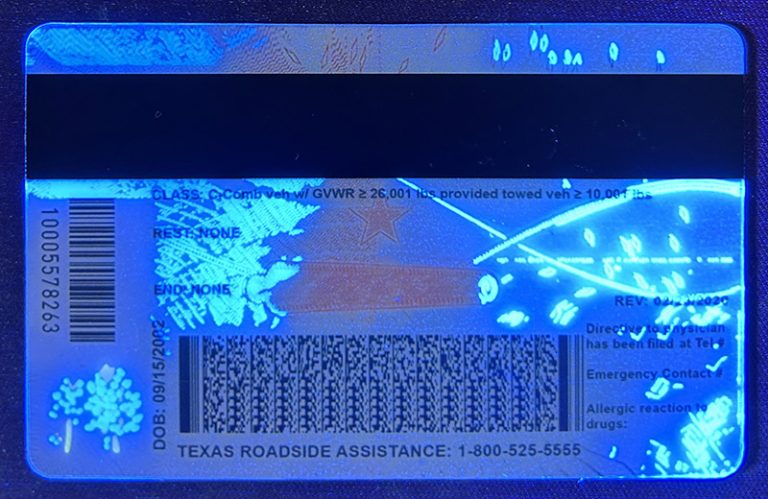
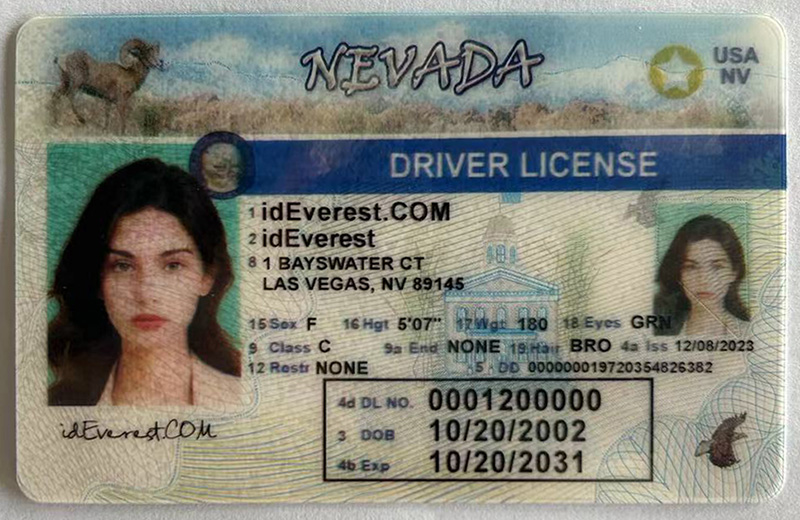
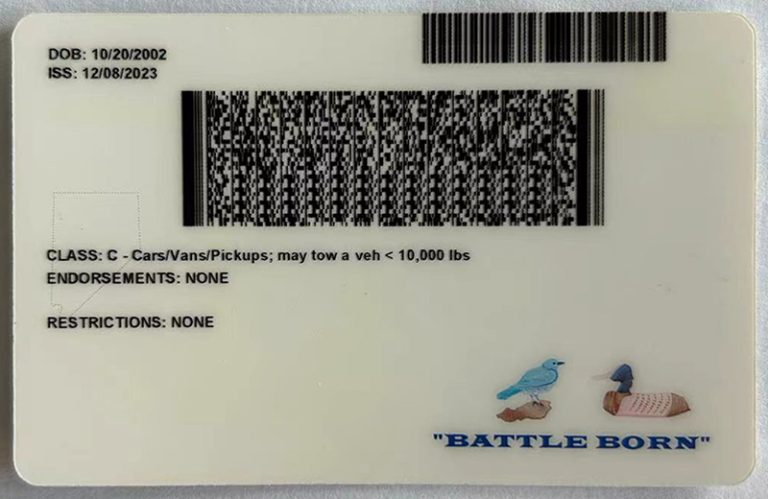
The Evolution of High-Tech Fake IDs
The evolution of fake IDs is a testament to human ingenuity and a relentless pursuit of convenience. Gone are the days of crudely altered photos and mismatched signatures. Today’s fake IDs boast advanced features such as holographic overlays, UV-reactive markers, functional barcodes, and magnetic stripes, making them nearly indistinguishable from authentic documents. These technological advances have transformed fake IDs into versatile tools capable of bypassing even the most sophisticated verification systems.
Expanding Social Boundaries
One of the most prominent uses of high-tech fake IDs is to expand social horizons. In a society where age limits often determine whether or not people can participate in various activities, fake IDs provide a backdoor for people to explore areas that would otherwise be inaccessible. For young people, this means access to nightclubs, bars, and other entertainment venues, fostering social connections and experiences that contribute to personal growth and development. For international students and tourists, fake IDs promote cultural integration, allowing them to participate in local activities and customs that might otherwise be prohibited due to unfamiliar age regulations.
Facilitating travel flexibility
In the travel sector, fake IDs offer unparalleled convenience. Age limits can be a serious impediment to young travelers, especially when renting a car, booking a hotel room, or entering certain tourist attractions. By changing their age on a fake ID, travelers can bypass these restrictions and make the most of their vacation plans. In addition, fake IDs can be a valuable tool for navigating unfamiliar environments, providing a sense of security and belonging in a foreign land.
Navigating the gig economy
The gig economy, with its flexible work arrangements and diverse job opportunities, has become a hotbed for the use of fake IDs. Job platforms and freelancers often impose strict age requirements or residency rules that restrict access to certain markets. Well-crafted fake IDs can provide workers with a means to circumvent these barriers, opening up new avenues for employment and income generation. Additionally, for professionals who require a degree of anonymity, such as nightclub promoters or independent contractors, fake IDs can serve as a shield, protecting their personal information and fostering a sense of security in their professional interactions.
Access to Restricted Goods and Services
The legal status of commodities such as marijuana, tobacco, and alcohol varies across the United States, creating a unique environment for the use of fake IDs. In areas where these products are strictly regulated, fake IDs can provide access to these products for individuals who are not yet legally permitted to purchase them. While this practice raises ethical questions, it also highlights the demand for these products among certain groups. For individuals who rely on these commodities for recreational or medical use, fake IDs can provide a viable, albeit controversial, solution.
Enhanced Privacy and Security
In today’s highly connected digital world, protecting personal data privacy has become a top concern. As individuals navigate countless online platforms and offline services, they often encounter situations where they need to disclose sensitive personal information. This includes providing government-issued identification documents for a variety of purposes, such as signing up for financial services, applying for memberships, or registering for online accounts. However, such transactions often leave individuals vulnerable to identity theft, unauthorized solicitations, and countless other privacy breaches.
Potential
High-tech. Fake IDs offer a unique solution to mitigate these risks by leveraging identity verification. By acting as a protective barrier between personal identification and a forgeable fake ID, users can minimize exposure of their real personal information during risky transactions or interactions. This strategy is particularly useful when dealing with untrusted entities or engaging in activities that could draw unwanted attention.
For example, signing up for a gym membership often requires submitting personal information and identification documents. While these requirements are necessary for accountability and security, they also present opportunities for data breaches. By using a fake ID, individuals can avoid sharing their real information, thereby reducing the likelihood of becoming a victim of identity theft or spammy marketing campaigns.
Similarly, signing up for online services can be fraught with privacy issues. Platforms often request proof of identity to verify a user’s age, place of residence, or other eligibility criteria. However, these verifications often come at the cost of sharing sensitive data that could be exploited by unscrupulous actors. Scannable fake IDs offer a convenient workaround that allows users to remain anonymous while still accessing the services they need.
Furthermore, in the freelancing or gig economy, it is essential to maintain a level of privacy and security. Many platforms require workers to disclose their personal information, including identification documents, for account verification and tax purposes. However, this can expose individuals to potential threats from clients or unethical competitors. By using a carefully crafted fake ID, freelancers and gig workers can protect their true identity while still fulfilling their professional obligations.
Conclusion
High-tech fake IDs represent a complex and multifaceted phenomenon with both practical benefits and ethical concerns. They are a tool for expanding social horizons, facilitating travel flexibility, navigating the gig economy, and enhancing privacy and security. However, their use also raises questions about the integrity of age restrictions, personal safety, and the trustworthiness of official identification systems. As technology continues to evolve, we must also continue to understand the ethical implications of these sophisticated forgeries, ensuring we strike a balance between convenience and responsibility.
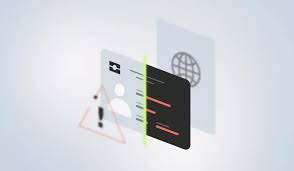 scannable Fake Nevada DL
scannable Fake Nevada DL
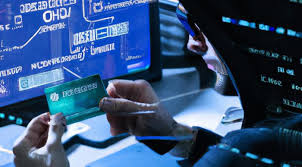 scannable Fake Michigan DL
scannable Fake Michigan DL
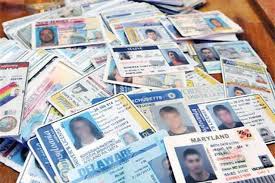 scannable Fake Illinois DL
scannable Fake Illinois DL
 scannable Fake Kansas DL
scannable Fake Kansas DL